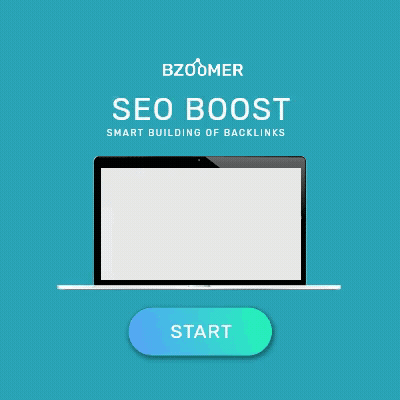Running a successful enterprise is about more than just day-to-day operations. Whether you’re aiming to boost your company’s bottom line or planning an eventual exit, understanding and enhancing your business’s value is paramount. In this article, we’ll explore the fundamentals of business valuation, practical strategies to grow your business, and the key steps to prepare for—and execute—a sale.
1. Understanding Business Valuation
What Is Business Valuation?
Business valuation is the process of determining the economic value of a company. It provides an estimate of what your business is worth on the open market, based on assets, earnings, market conditions, and future growth potential.
Common Valuation Methods
-
Asset-Based Approach: Totals up all tangible and intangible assets and subtracts liabilities.
-
Income Approach: Projects future cash flows and discounts them to present value (DCF method).
-
Market Approach: Compares your business to similar companies that have recently sold.
Accurately valuing your business is the foundation for any strategic decisions about growth or sale.
2. Boosting Business Value
Enhancing your company’s valuation isn’t just for potential buyers—it benefits your operations today. Consider these levers:
-
Strengthen Financial Performance
-
Increase Revenues: Diversify product lines or expand into new markets.
-
Optimize Profit Margins: Streamline operations, renegotiate supplier contracts, and control overhead.
-
-
Solidify Recurring Revenue
-
Implement subscription-based models or long-term contracts to stabilize cash flow.
-
-
Build a Strong Management Team
-
Develop leadership depth beyond yourself. A capable management team de-risks the business in the eyes of investors.
-
-
Protect Intellectual Property
-
Patents, trademarks, and proprietary processes can significantly uplift valuation.
-
-
Improve Operational Systems
-
Adopt robust ERP or CRM systems to demonstrate scalable, efficient operations.
-
3. Strategies to Grow Your Business
Growth isn’t merely about increasing headcount; it’s about sustainable expansion:
-
Market Penetration: Increase share in existing markets with targeted marketing campaigns and customer loyalty programs.
-
Market Development: Enter new geographic regions or customer segments.
-
Product Development: Innovate or enhance offerings to meet evolving customer needs.
-
Partnerships & Alliances: Leverage joint ventures, strategic partnerships, or distribution agreements.
-
Digital Transformation: Invest in e-commerce platforms, data analytics, and automated marketing to reach more customers at lower cost.
By executing a balanced growth strategy, you not only raise revenues but also demonstrate future potential to investors or buyers.
4. Preparing to Sell Your Business
When the time comes to sell your business or company, careful preparation can spell the difference between a smooth exit and a painful process:
-
Get Your Financial House in Order
-
Ensure your accounting is accurate, transparent, and up-to-date.
-
Prepare three to five years of financial statements, tax returns, and forecasts.
-
-
Perform a Pre-Sale Valuation
-
Engage a professional appraiser or M&A advisor to identify value drivers and potential deal breakers.
-
-
Address Operational Weaknesses
-
Fix outstanding legal, tax, or compliance issues.
-
Document all processes to reduce buyer concerns about transition risks.
-
-
Assemble a Deal Team
-
Hire experienced legal counsel, tax advisors, and investment bankers or business brokers.
-
-
Optimize Deal Structure
-
Determine earn-outs, seller financing, and tax-efficient payout mechanisms to maximize proceeds.
-
5. Executing the Sale
-
Market the Business Discreetly: Use non-disclosure agreements to protect confidentiality.
-
Vet Potential Buyers: Prioritize credible, well-funded parties who are a cultural fit.
-
Negotiate Terms: Focus on price, payment schedule, representations & warranties, and post-closing obligations.
-
Close & Transition: Ensure a well-planned handover with clear documentation and support to maintain business continuity.
Whether your goal is to grow your business, increase its valuation, or sell your company at the highest possible price, a disciplined, strategic approach is essential. By understanding valuation methods, implementing growth initiatives, and preparing meticulously for a sale, you’ll position your business to achieve its full potential—today and tomorrow.


